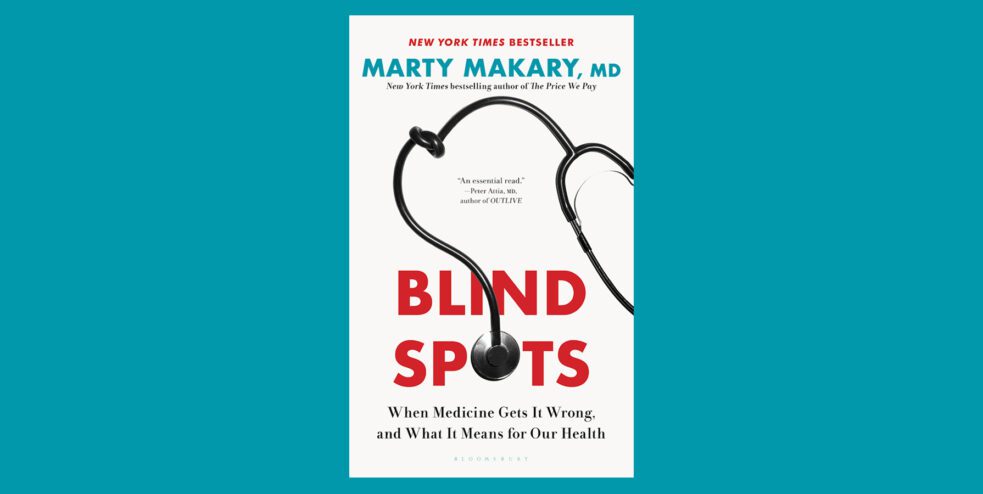With Marty Makary, M.D., now leading the Food and Drug Administration (FDA), I picked up his latest book, Blind Spots, hoping to gain some insight into the kind of leader he might be and what his priorities could look like.
His ideas are ambitious, but putting them into practice will require close coordination with the National Institutes of Health (NIH) and other divisions within the United States Department of Health and Human Services (HHS). Whether he can deliver on them remains to be seen.
Makary focused his book on the historical mistakes that medicine has made. Medicine has always been a self-correcting science, evolving as new evidence emerges—even when that means reexamining practices once believed to be correct. That’s unsettling for many people, especially when medical guidance, like the evolving advice on dietary cholesterol, seems to reverse course. Makary recounts that, for decades, foods high in cholesterol were thought to raise blood cholesterol levels. Years ago, research demonstrated that for most people, dietary cholesterol has only a minimal impact on the cholesterol in the bloodstream, but as Makary points out, many still shun high-cholesterol foods like eggs.
Doctors are just as reluctant as the public to change their beliefs. In his book, Makary highlights how long it can take for an established “fact” that has been proven wrong to be corrected. First, medical authorities must be won over by the research, and then individual doctors have to be convinced. Makary doesn’t put a time frame on it, but researchers often estimate that it takes 17 years for doctors to change their practice.
[This slow change is a key reason why everyone should pay attention to new information about conditions and medications affecting themselves or loved ones — you may uncover new facts that haven’t yet reached your doctor’s office.]
As I read his book, I was on board with Makary’s interest in challenging medical dogma. To learn more, I listened to a few podcasts he was on, and Makary spoke convincingly about the importance of lowering the amount of highly processed ingredients in prepared foods and snacks, and the importance of gut health and its link to chronic disease. I also thought he was on point when he discussed the topic of unnecessary tests, procedures, and prescriptions, and a medical culture that rewards volume over value.
And I support Makary when he says he believes in preventing disease through better nutrition and lifestyle. He also seems to understand the social determinants of health, like housing, education, and food access.
But does saying all this make him a good pick for the head of the FDA?
While Makary’s insights are valuable, the implementation of such reforms remains a formidable challenge. Addressing systemic issues like social determinants of health and preventive care requires comprehensive strategies and collaboration across various sectors like the NIH, where the research Makary wants is normally housed. Makary has no experience in managing massive government programs or creating collaborative programs with related divisions.
As FDA Commissioner, Makary has the platform to influence these areas significantly. However, the FDA already has a full plate of ongoing programs that are crucial for food and drug safety. His first actions in office — supporting the removal of key FDA officials, the continuation of large-scale employee cuts, and canceling FDA Drug Advisory Committee meetings — have raised concerns about the agency’s direction.
Makary’s vision for a more reflective and preventive healthcare system is attractive, but the true measure of his impact will depend on his ability to translate these ideas into actionable policies within the FDA’s framework.






